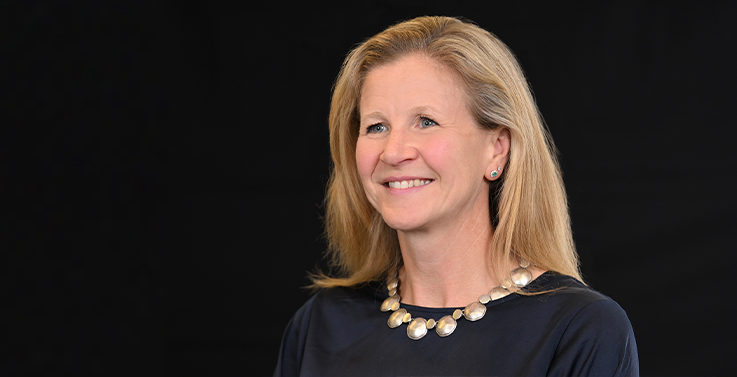SWIFT top table dinner on the Imposter Syndrome - Top 10 points from the dinner

On Thursday 11 July, the SWIFT Network of Women in Rail hosted a top table dinner, supported by Stephenson Harwood and SNC Lavalin Atkins. A group of senior women in (or formerly in) transport got together with rising female stars from their organisations and their male colleagues to debate the “imposter syndrome” which is a psychological pattern in which an individual doubts their accomplishments and has a persistent internalised fear of being exposed as a “fraud”.
Deborah Hulme from Minerva Engagement gave a fascinating key note address which prompted lively debate at the tables. If you attended the dinner, thank you very much for your contribution.
The top 10 points that we took away from the dinner were:
- Healthy body, healthy mind: Imposter syndrome creeps in or is exacerbated when we are stressed, tired or run down and our resilience drops. Exercise, good food and sleep helps and there is a direct link between physical health and mental well-being. Looking after our bodies, supports our mental well-being, maintains confidence levels and enables us to build resilience in the face of unhelpful 'I am a fraud' feelings.
- Not a “two week workshop”: Deborah described being kind to yourself as a life long journey. One where we learn to notice and acknowledge feelings of fear and practise techniques which, over time, enable us to better manage our emotional responses and damaging thought patterns. This is not a two week workshop and will take time.
- A cocktail of fear and uncertainty: To function we produce various neurotransmitters and hormones, some of which directly impact our behaviour, mood and emotions particularly serotonin, oxytocin, dopamine and endorphins. We now know that we can manage our physiology to work for, rather than against us, with diet and exercise taking a lead role. It is not necessary to run 25 miles, a 20 minute walk, a hot bath and a pet (or house plant!) all help to regulate and balance our chemical make-up.
- Embrace fear; embrace failure: Unless we push ourselves and take risks, then we will struggle to progress. We have to face risk, face fear and take ourselves out of our comfort zones in order to progress. Failure is a learning experience and not something to be afraid of. The more we practise how to channel feelings anxiety for our benefit, reflect on what we did/did not do and continually hone our skills over time the more our failures guide and drive us forward.
- Men and women – we are all affected: Imposter syndrome is not a women only phenomenon – it can impact all ages, cultures and sexes. The men in the room at the dinner recounted stories of their experiences of feeling not good enough. We can learn from each other.
- Value tagging: Place the idea that you are a success in your mind and think about it often. In the mornings, think of positive aspects that you can bring out in your day. In the evenings before bed, remind yourself of all the good things you did that day. In this way, we re-programme our neural pathways to become intrinsically more positive than negative. Imposter syndrome is debilitating, however, we do have a choice to engage with it or work to change it through focused attention and practise over time.
- But I don’t know everything!: We don’t need to know everything. No one knows everything and just because we don’t know about something in a new job or otherwise does not mean we don’t belong in that position. We should not be afraid to admit that we don’t know. Besides, in our changing world it is impossible to know everything and the most successful among us will learn how to connect, build relationship and ask others for help day-to-day.
- Take time: Making space to think about ourselves is time well spent. As is time to think about our job and overall strategy. We are all busy, but it is easy to get carried away with day-to-day matters that takes us away from considering the impact we are trying to make as a whole.
- Social networks, mentors and coaches really do help: Talking to people who have been there and done it before help us understand that we are not alone and others do feel the same way. They can act as a mirror, allowing us to reflect on where we are, what our achievements are and where we would like to be.
- SWIFT can make a positive contribution: It was acknowledged that the more senior we become, the more likely it is that we will suffer from imposter syndrome and the more likely we are to feel lonely in tackling the issue. The SWIFT network can help by offering support for like-minded women and sharing our experiences with those coming up through our organisations.
The next SWIFT event will be workshop on how to best prepare for a Non-Executive Directorship position. Details will follow in the next couple of weeks. We hope to see you there!
In the meantime best wishes,
Adeline Ginn (Women in Rail), Tammy Samuel (Stephenson Harwood) and Tim Danvers (SNC Lavalin Atkins)


